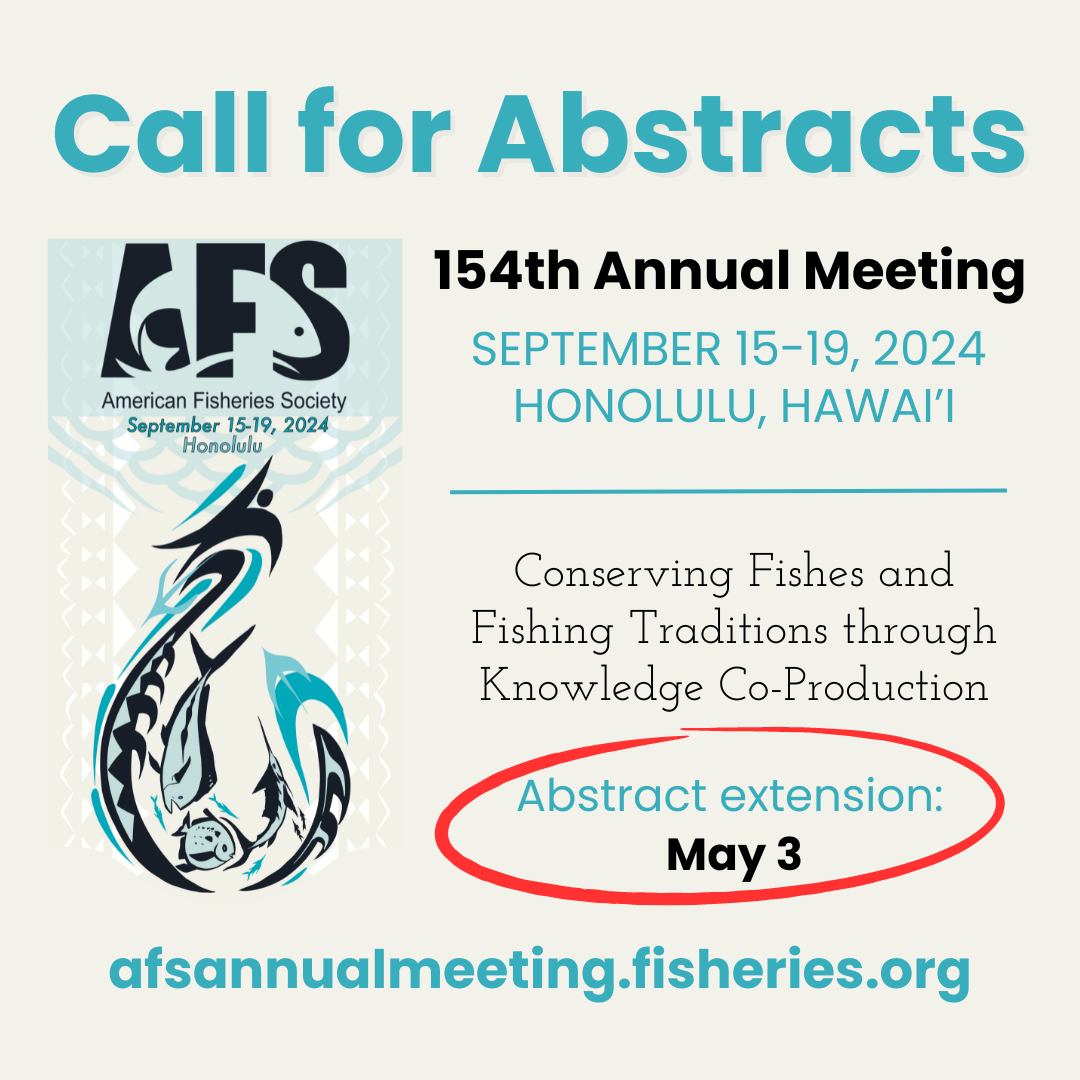American Fisheries Society * Arizona Wildlife Federation * Backcountry Hunters & Anglers
Fly Fishers International * Indiana Wildlife Federation * Izaak Walton League of America
National Wildlife Federation * Nevada Wildlife Federation * Ohio Conservation Federation
Theodore Roosevelt Conservation Partnership * Trout Unlimited
The Honorable Charles E. Schumer
Majority Leader
United States Senate
S-221 Capitol Building
Washington, D.C. 20510 |
The Honorable Mitch McConnell
Minority Leader
United States Senate
317 Russell Senate Office Building
Washington, D.C. 20510 |
CC: United States Senate
March 14, 2023
Re: Oppose H.J. Res. 27/S.J. Res. 7 – Support a Strong Clean Water Act.
Dear Majority Leader Schumer and Minority Leader McConnell,
The below-signed members of the hunting, fishing, and scientific community urge you to OPPOSE H.J. Res. 27/S.J. Res. 7, the Congressional Review Act joint resolution of disapproval of the Revised Definition of the “Waters of the United States” rule.
H.J. Res. 27/S.J. Res. 7 would invalidate the Biden administration’s recently finalized “waters of the United States” regulation, which restores long-standing protections for small streams and wetlands that are critical not just for trout and salmon fisheries but also for healthy watersheds and clean water for downstream businesses and communities.
In virtually every respect, the rule is a codification of the approach that the Environmental Protection Agency and Army Corps have used for most of the past 15 years to identify waters that qualify as “waters of the United States.” This commonsense, science-based approach recognizes that pollution upstream can have downstream impacts, and thus we must protect the whole system to safeguard downstream communities and the environment. The rule also maintains longstanding Clean Water Act permitting exemptions for routine farming and ranching activities like plowing, cultivating, minor drainage, and harvesting for the production of food, fiber, and forest products, or upland soil and water conservation practices, protecting these important economic activities. Using the CRA to attack this rule would prevent future administrations from issuing rules that are “substantially the same,” meaning that both protections and exemptions codified in this rule, including those for the agriculture industry, could be called into question in future rules to define “waters of the United States.”
In addition to providing drinking water for our homes and businesses, the small streams and wetlands under threat also provide clean water for farmers, keep the economy afloat, protect communities from floods, serve as natural features to promote water recharge and drought resilience, provide critical wildlife habitat, and enhance outdoor recreation opportunities including hunting and fishing. Wetlands alone can absorb vast quantities of water during heavy rains or storms – one acre of wetlands can store up to 1.5 million gallons of floodwater which can reduce downstream impacts to critical infrastructure and promote resilience to drought. The fish and wildlife that sustain our outdoor passions and support the nation’s $887 billion outdoor recreation economy rely on these small streams and wetlands as well.
Ephemeral and tributary streams serve as important spawning grounds as well as nursery habitat for juvenile fish, such as salmon and trout. Roughly half of North American waterfowl hatch in the Prairie Pothole Region, shallow, depressional wetlands that are particularly at risk, and more than a third of North American bird species rely on wetlands for food, shelter, breeding, nesting, and rearing their young.
The economic benefits of hunting and fishing alone – which total $200 billion a year – are especially pronounced in rural areas, where money brought in during fishing and hunting seasons can be enough to keep small businesses operational for the entire year. Without clear federal protections for these waters and everything they feed into, hunting and angling across the country would be irreversibly harmed, devastating the outdoor recreation economy.
H.J.Res.27/S.J. Res. 7 is a dangerous attempt to open up our wetlands and streams to pollution and destruction. This effort to undo fifty years of progress to protect clean water threatens the water resources that are critical for fish and wildlife, downstream communities, and the drinking water for millions of Americans.
We urge you to oppose H.J.Res.27/S.J. Res. 7 when it comes to the floor for a vote. Thank you for considering our views.
Sincerely,
Douglas J. Austen, Ph.D.
Executive Director
American Fisheries Society
Scott Garlid
Executive Director
Arizona Wildlife Federation
John Gale
Vice President
Backcountry Hunters & Anglers
Tom H. Logan
Chairman/Senior Advisor – Conservation
Fly Fishers International
Board Conservation Committee
Dan Boritt
Executive Director
Indiana Wildlife Federation
Jared Mott
Conservation Director
Izaak Walton League of America
Jim Murphy
Director of Legal Advocacy
National Wildlife Federation
Russell Kuhlman
Executive Director
Nevada Wildlife Federation
Tom Butch
President
Ohio Conservation Federation
Alexander Funk
Director of Water Resources
Theodore Roosevelt Conservation Partnership
Kate Miller
Director of Government Affairs
Trout Unlimited





